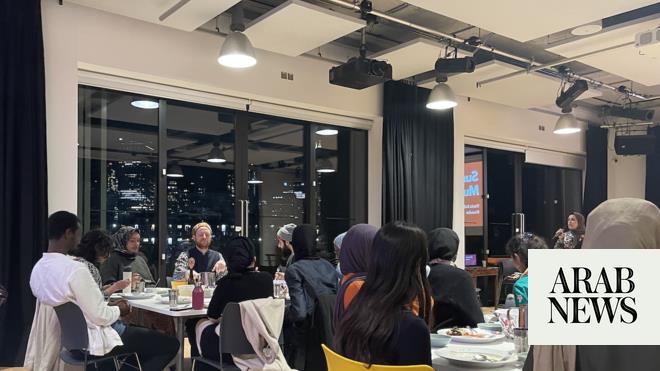
Fresh festive food worth millions of pounds – including whole turkeys, lobsters and truffles – could be heading for the bin as restaurants and bars in London and parts of the south-east move into tier 3 coronavirus restrictions from midnight.
Under the tough new rules in England, hospitality venues have been ordered to close their doors – and cancel lucrative Christmas bookings – although they are allowed to offer limited takeaway food and delivery boxes.
On the eve of the sector’s busiest and most profitable week of the year, restaurant owners, managers and chefs have complained of “a kick in the teeth” by the government.
After serving up what is being called the “the last supper” on Tuesday, restaurants will be vacuum-packing fresh food and scouring their freezers for space, while sending surplus food home with staff or to local charities and food banks.
The British Hospitality Association said millions of pounds worth of food was potentially at risk. Its chief executive, Kate Nicholls, said: “As with previous short-notice lockdowns, this is going to cause a glut of wasted food and drink.
“It’s not possible to just turn on and off a hospitality business. Beer will go down the drain, fresh food will have to be thrown away and there will be impacts throughout the supply chain of cancelled orders. This stop-start approach to hospitality is disastrous.”
Ben Tish, the culinary director of the Sicilian-style Norma in Fitzrovia and the Game Bird at the five-star Stafford hotel in Green Park, said: “Sadly there’s going to be an immense amount of food wasted across the restaurants in the capital. We were due to have full restaurants this week, including booked-out private dining rooms, and we had ordered a load of produce in.
“We were also booked up on Christmas Day at the Stafford – with about 100 guests due – and had already ordered and received 100 lobster tails costing about £25 each. Those will freeze but not for long. We have also got a lot of special ingredients which we love to serve during the festive period – truffles, for example. These don’t freeze, so that’s another financial loss.”
On Thursday, the restaurant will be sending staff home with food, as well as donating surplus stock to the local Fitzrovia food bank, which supports local homeless people and hostels.
Meanwhile, the UK’s largest food redistribution charity, FareShare, is diverting resources to cope with a torrent of donations from the hospitality and food service sectors, which it aims to collect and redistribute quickly to avoid waste.
The organisation takes good-quality surplus food from across the industry – direct from suppliers and supermarkets – and redistributes it to almost 11,000 frontline charities and community groups. This typically provides meals to vulnerable and needy people, along with essentials for regional food banks run by the Trussell Trust and smaller local projects.
Lindsay Boswell, FareShare’s chief executive, said: “We have more than doubled the amount of food distributed across the UK since March to over 2m meals each week. We have a robust infrastructure and more capacity than ever before, and as demonstrated throughout the Covid-19 crisis we were ready to work immediately with the food industry and charities … to ensure that no good food goes to waste.”
Des Gunewardena, the chief executive of the restaurant group D&D London, urged the government to give the beleaguered sector compensation.
“In the context of the complete lack of evidence that there are significant Covid infections happening in restaurants, to close restaurants and cancel bookings in what is normally the busiest week of the year feels like an almost gratuitous kick in the teeth,” he said.
“If the government does want to treat the hospitality industry as its Covid whipping boy, it should at least step up and fully compensate us as French and German governments are doing.”












